Talk Overview
Dr. Haber begins his talk by explaining that broken chromosomes frequently arise during the process of DNA replication. In healthy cells, these double strand breaks (DSBs) are repaired by homologous recombination, an orderly process that preserves the genome. If the homologous recombination machinery is impaired, DNA truncations, translocations, and deletions often occur, resulting in genome instability and cancer. All mechanisms of homologous recombination have one common principal; the broken ends of the DNA are repaired by base pairing with a sequence that is identical or nearly identical and acts as a template for repair enzymes. Haber explains the general principles of homologous recombination and its critical role in maintaining genome stability.
In his second talk, Haber explains in greater detail the molecular steps that take place during the repair of a DNA double strand break. It turns out that the process of mating type switching in S. cerevisiae requires site-specific cutting and repair of a yeast chromosome and this is an excellent model for studying DNA DSB repair. Working in this system and using techniques such as Southern blots, PCR and chromatin immunoprecipitation, Haber’s group was able to identify the proteins and enzymatic steps in DNA repair.
DNA synthesis that occurs during repair is much less accurate than normal DNA replication. Using the yeast mating type switching system, Haber’s lab identified base pair substitutions, frame shifts and other mutations that occur when the newly synthesized strand dissociates from the template strand during homologous recombination. Interestingly, Haber found that sometimes the newly synthesized strand will “jump” to a related but divergent template, even on another chromosome, and then jump back to complete the repair. Further experiments showed that this happens because the repair polymerase falls off the template with a very high frequency. Understanding why this occurs may help us to decipher the complex chromosomal rearrangements associated with certain human diseases.
Speaker Bio
James Haber
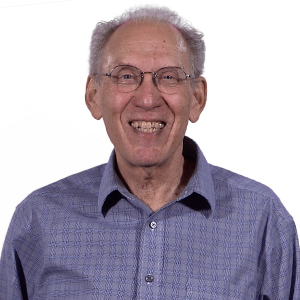
James Haber is Professor of Biology and Director of the Rosenstiel Basic Medical Sciences Research Center at Brandeis University. He received his A.B. degree in Biochemical Sciences at Harvard College and his Ph.D. in Biochemistry at U.C. Berkeley. After postdoctoral training at the University of Wisconsin in Madison, he joined the faculty at Brandeis University. … Continue Reading
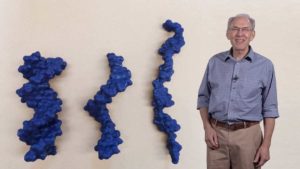
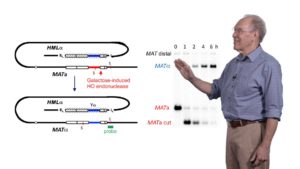
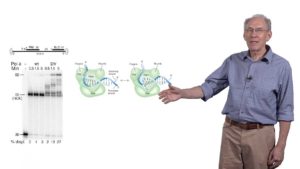
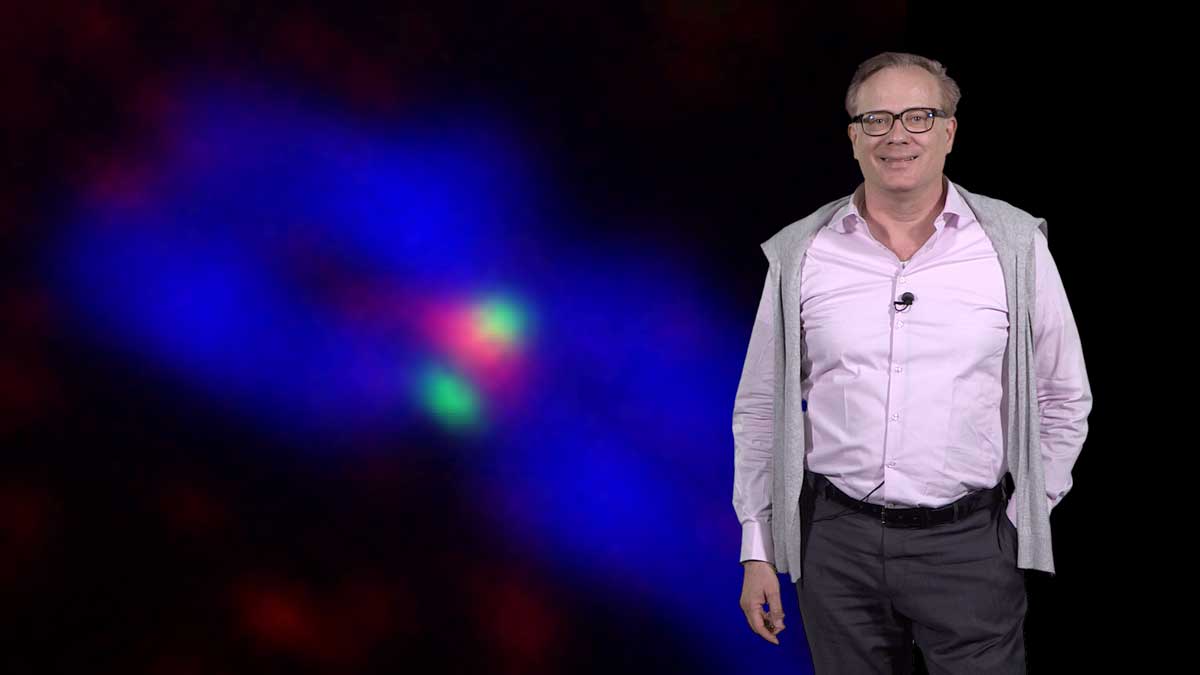
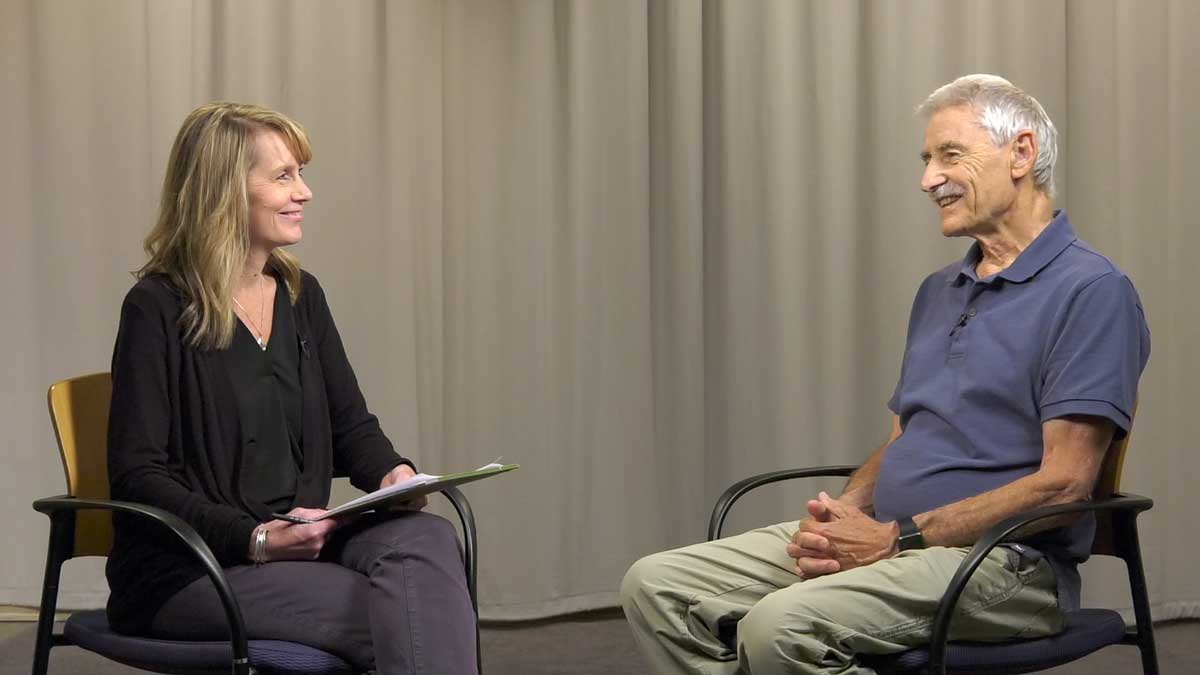
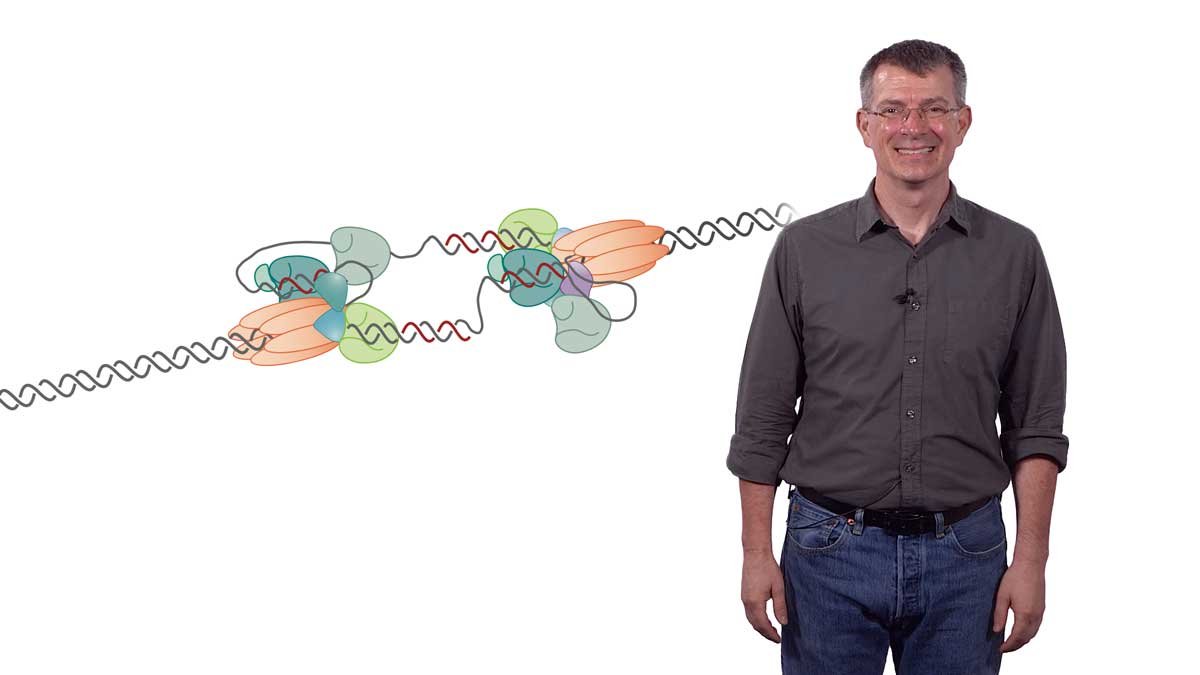
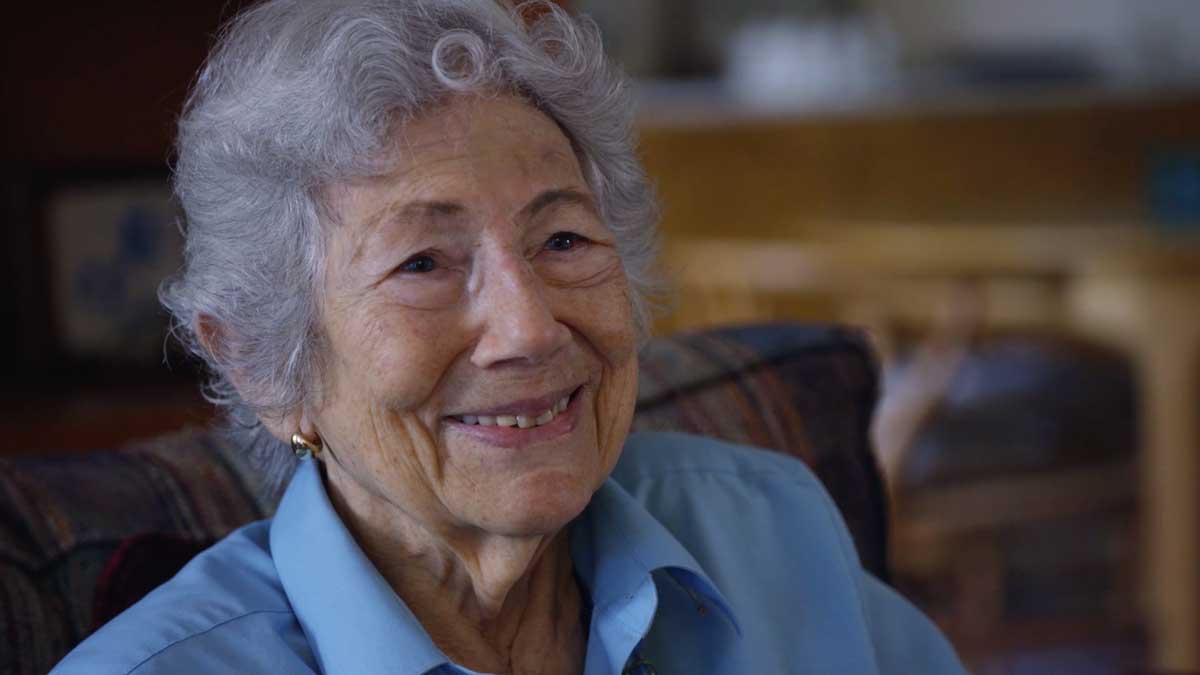





Leave a Reply